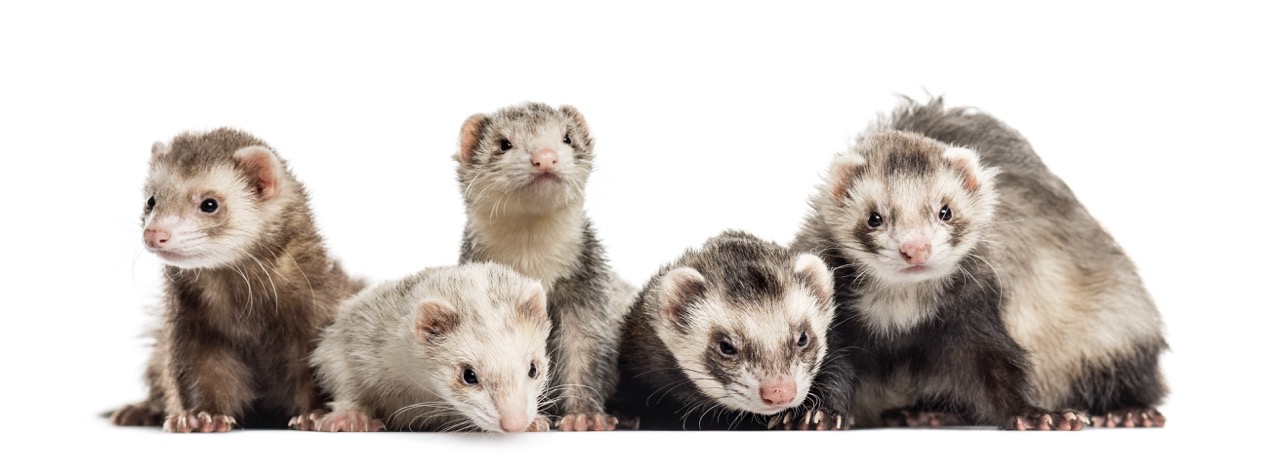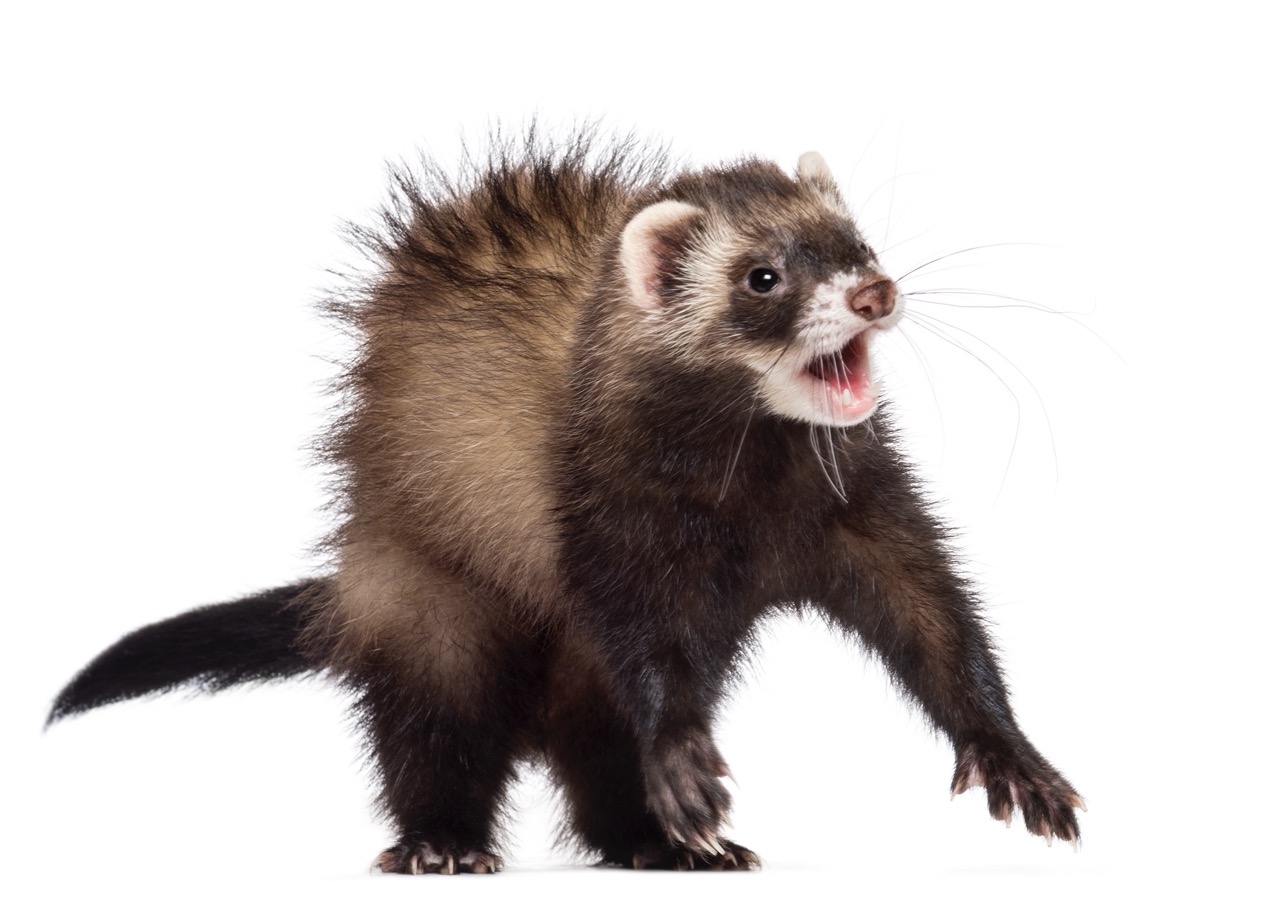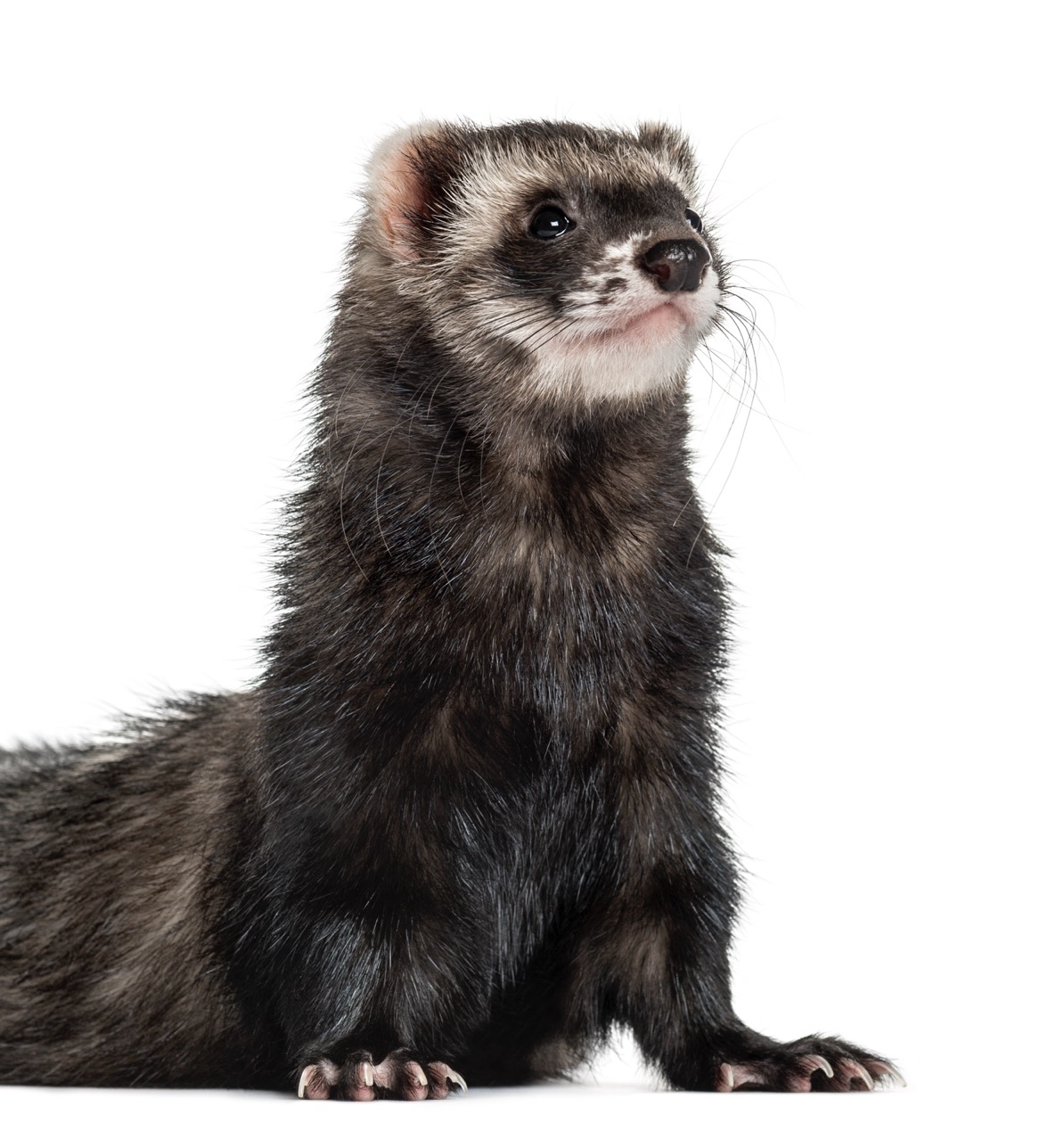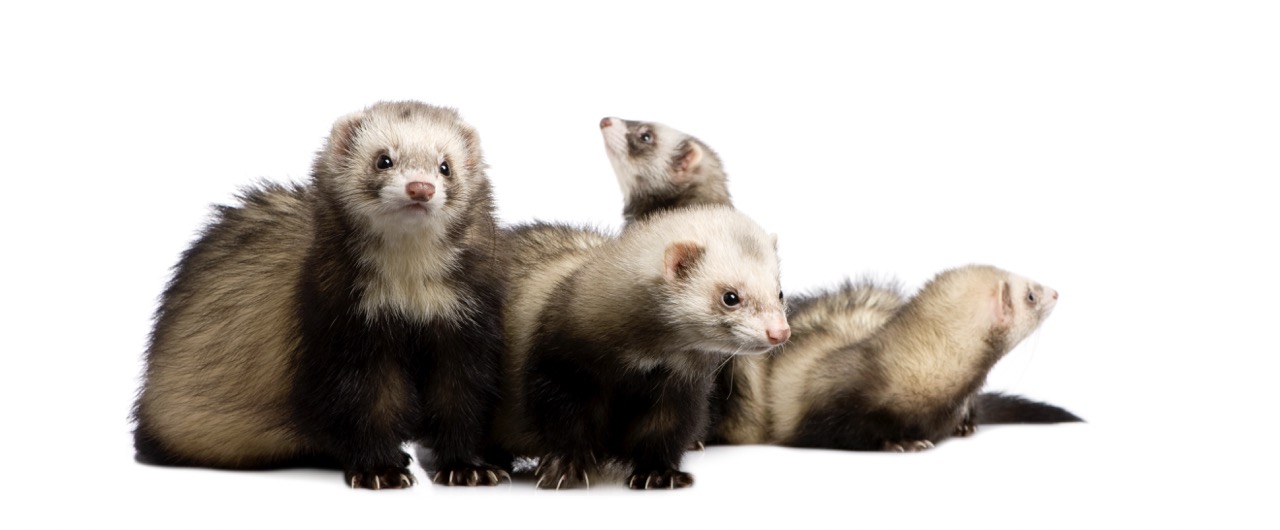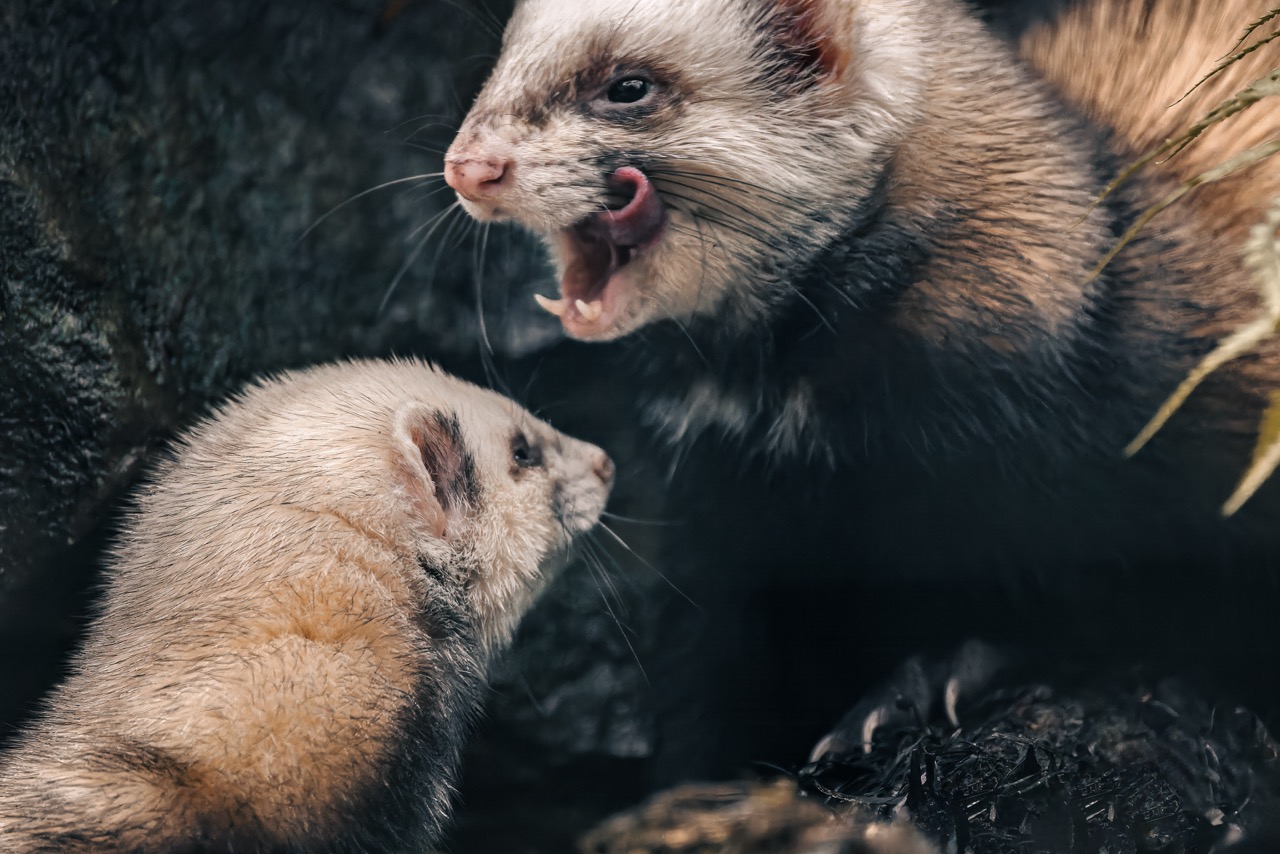Ferrets have been companions to humans for thousands of years, often serving as both pets and working animals. Understanding the genetic science behind ferret domestication provides insight into their unique behaviors, adaptations, and traits that differentiate domestic ferrets from their wild ancestors. This article delves into the genetic underpinnings of ferret domestication, the key genes influencing their behavior, the role of selective breeding, and the implications of genetic research for future ferret care.
Understanding Ferret Domestication Through Genetics
The domestication of ferrets can be traced back to their wild ancestor, the European polecat (Mustela putorius). Over centuries, selective pressures have shaped the genetic makeup of ferrets, leading to domesticated traits that favor interaction with humans. Genetic studies have shown that domestication is a complex process involving various genetic changes, particularly in genes associated with neural function and social behavior. These changes have contributed to the typically playful, friendly disposition of domestic ferrets.
One significant aspect of ferret domestication is the reduction of fear response in domestic strains compared to their wild counterparts. This is partly due to alterations in genes that regulate the stress hormone cortisol, which can influence how ferrets respond to their environment. Understanding these genetic modifications allows researchers to better comprehend how ferrets have adapted to life alongside humans, blending their wild instincts with new social behaviors.
Moreover, studies in domesticated animals have increasingly focused on epigenetics—how environmental factors can influence gene expression without altering the DNA sequence. In ferrets, environmental enrichment and human interaction may enhance beneficial traits, enhancing their sociability and trainability. This interplay between genetics and environment plays a crucial role in the ongoing domestication process.
Key Genes Influencing Behavior and Adaptation in Ferrets
Research has identified several key genes that significantly impact behavior and adaptation in ferrets. For instance, the gene responsible for the production of oxytocin, often dubbed the "love hormone," plays a vital role in social bonding. Variations in this gene can lead to differences in attachment and sociability among individual ferrets, influencing how they interact with both humans and other animals.
Another important gene is the serotonin transporter gene (SLC6A4), which has been linked to anxiety and stress responses. Variants of this gene can determine how ferrets cope with new situations, making some individuals more adaptable than others. By understanding these genetic factors, breeders and pet owners can make informed decisions that promote the well-being of their ferrets, ensuring they thrive in a domestic environment.
Additionally, genes associated with physical traits—such as coat color, size, and body conformation—also play a role in ferret domestication. These traits are often favored in breeding programs and contribute to the overall diversity seen in ferret populations today. The interplay between behavioral and physical genetics is essential for creating a well-rounded domestic ferret that is suitable for life as a companion animal.
The Role of Selective Breeding in Ferret Traits
Selective breeding has been instrumental in shaping many traits seen in domesticated ferrets today. By focusing on specific behavioral and physical characteristics, breeders can cultivate ferrets with desirable traits such as gentleness, playfulness, and adaptability. This has led to a greater variety of ferret breeds, each exhibiting unique traits that appeal to different owners.
Moreover, selective breeding practices have also contributed to health outcomes in ferrets. Breeders can identify genetic markers associated with certain health issues, allowing them to reduce the prevalence of genetic disorders. Responsible breeding can thus enhance the quality of life for ferrets by minimizing inherited health risks while promoting overall vigor and longevity.
However, selective breeding poses potential risks as well, particularly when it leads to a narrow genetic pool. A limited genetic diversity can make ferrets more susceptible to diseases and other health challenges. It is crucial for breeders to balance the desire for specific traits with the need to maintain genetic diversity, ensuring the long-term health and adaptability of domestic ferrets.
Implications of Genetic Research for Future Ferret Care
The advancements in genetic research have profound implications for ferret care. By understanding the genetic factors influencing behavior and health, owners and veterinarians can implement more effective management strategies tailored to individual ferrets’ needs. This personalized approach can enhance the overall quality of life for ferrets, addressing behavioral issues, health concerns, and social needs more effectively than ever before.
Furthermore, genetic insights can guide future breeding practices to ensure healthier ferret populations. By identifying genetic markers associated with desirable traits and health issues, breeders can make informed decisions that prioritize the welfare of ferrets. This will foster responsible breeding practices that aim to create well-rounded and healthy companions.
Lastly, education about genetic influences in ferrets can empower owners to better understand their pets’ behaviors and needs. This knowledge can facilitate more harmonious human-animal relationships, allowing ferrets to thrive in their domestic environments. As genetic research continues to evolve, it will undoubtedly shape the future of ferret care, ensuring these beloved animals are well cared for and cherished.
The genetic science behind ferret domestication reveals a fascinating interplay of genes, behavior, and environment. By understanding the genetic basis of domestication, the key genes influencing ferret behavior, the role of selective breeding, and the implications of genetic research, we can better care for these unique animals. As we move forward, a greater focus on genetics in ferret care will not only enhance their health and behavior but also enrich the bond between ferrets and their human companions, ensuring a fulfilling life for both.






